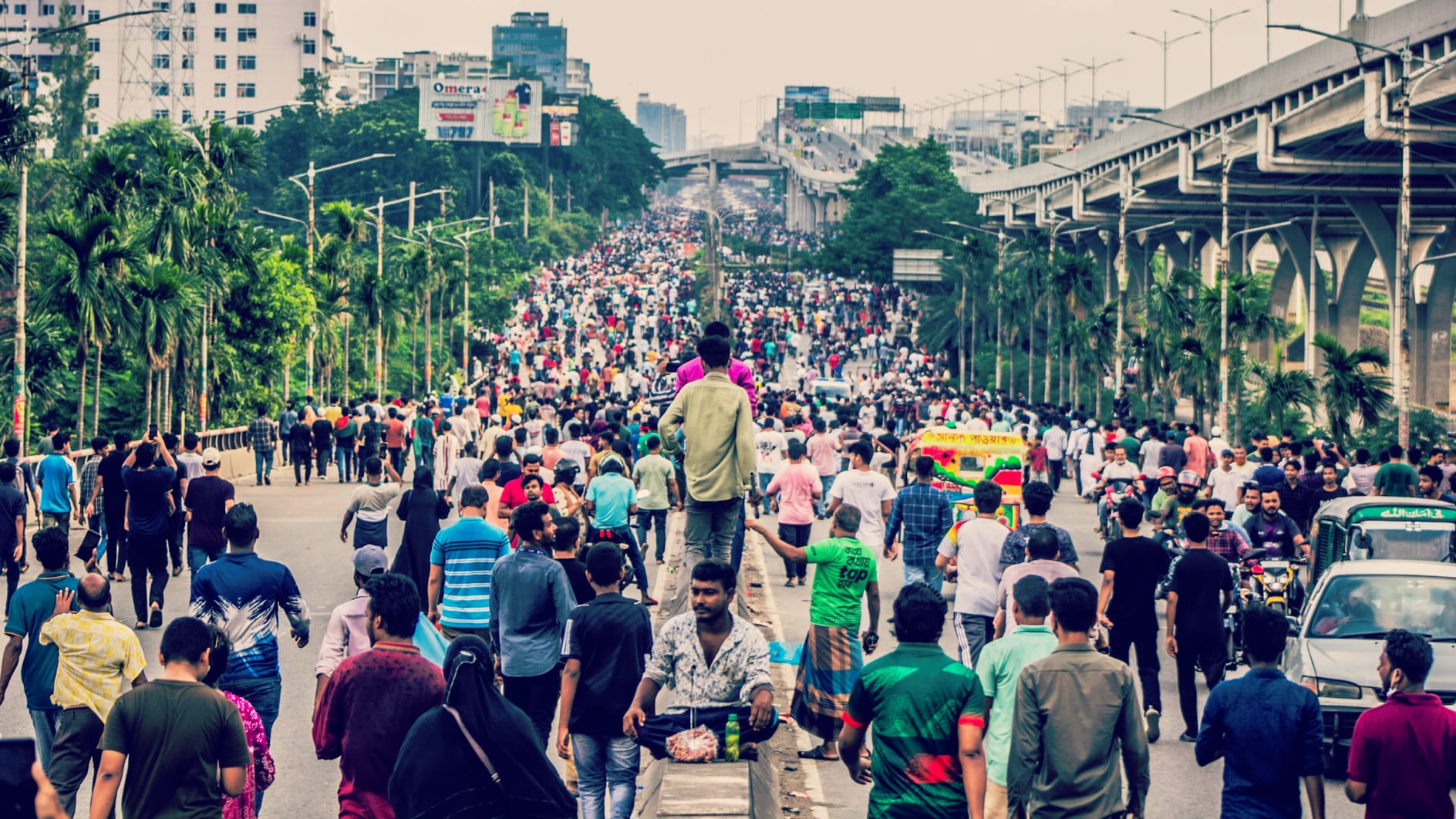Aug. 18, 2025 |
The revolution’s the easy part. Throughout July of last year, Bangladeshi student-led protests swelled in Dhaka and other cities. Prime Minister Sheikha Hasina, whose party, the Awami League, had arrogated power over the judiciary and the security services during her 15 years in office, insulted the demonstrators as “razakars”—a pejorative for people who’d collaborated with Pakistan’s armed forces in 1971, when most Bangladeshis wanted or even fought for their country’s independence.
This insult brought people from all classes—including, crucially, many women—into the streets. Some women used sticks and stones to fight against police and Awami League enforcers, and images of their courage only drove more support for the demonstrators. Police and paramilitary units reportedly killed at least 800 protesters, which violence in turn inspired more Bangladeshis to join the rebellion.
On August 5, Hasina fled the country to India, as protesters stormed the prime minister’s residence. The country installed a provisional government led by Muhammad Yunus, the 85-year-old Nobel Peace Prize winner who’d successfully used microcredit to promote economic development in Bangladesh. Meanwhile, Bangladeshi prosecutors charged Hasina with crimes against humanity, the country’s Anti-Corruption Commission filed corruption charges against her, its International Crimes Tribunal sentenced her for contempt of court, and its interim government revoked her passport.
Yet one year later, the interim government appears to be following some of the tactics from Hasina’s authoritarian playbook: They’ve arrested critics and former Awami League supporters—on plainly bogus charges, including aiding genocide. They’ve banned the Awami League, which still has significant voter support; it’s the oldest party in the country and helped lead its struggle for independence. Neither is the government seriously pursuing the documentation and prosecution of human-rights abuses, including forced disappearances, of Hasina’s regime. Yunus’s government had delayed national elections, which only now, one year after the overthrow of Hasina, he’s finally scheduled for February.
What’s gone wrong?
—Michael Bluhm

